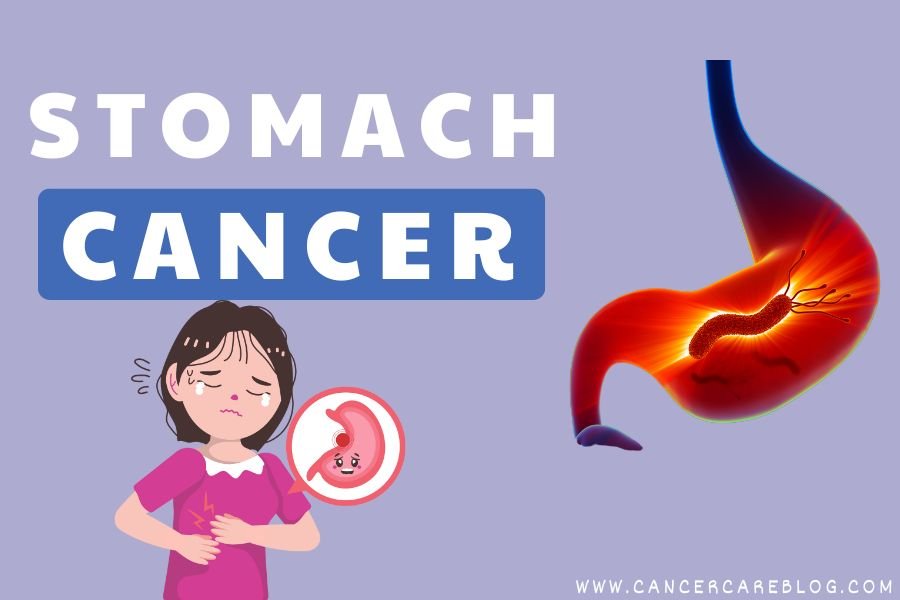You may be dealing with stomach pain, weight loss, or a feeling that something just isn’t right. Maybe your doctor suspects stomach cancer, or you’re trying to understand how it’s diagnosed.
When your stomach doesn’t feel right for weeks—or even months—it’s easy to brush it off as stress, diet, or indigestion. But sometimes, your body is trying to tell you something bigger. That’s why understanding how stomach cancer is diagnosed could help you or someone close to you catch it early.
Let’s talk about the tests doctors use when they think stomach cancer might be the cause.
1. Physical Exam and Medical History
It all begins with a simple visit to your doctor.
They’ll ask about your symptoms, medical history, diet, and lifestyle. They’ll gently feel your stomach to check for swelling or lumps.
This step doesn’t confirm anything. But it tells the doctor if more testing is needed.
2. Blood Tests
Blood tests alone can’t diagnose stomach cancer. But they help your doctor understand what’s going on inside your body.
Common tests include:
- Complete blood count (CBC) – checks for anemia, which might happen from bleeding in the stomach.
- Liver function tests – to see if cancer has spread.
- Tumor markers (like CEA or CA 19-9) – may be higher in cancer, but these aren’t 100% accurate.
Think of blood tests as clues—not final answers.
3. Upper Endoscopy (EGD)
This is one of the main tests for stomach cancer.
During an upper endoscopy, a thin, flexible tube with a camera (called an endoscope) goes down your throat and into your stomach.
The doctor looks for:
- Tumors
- Ulcers
- Bleeding
- Swelling or thickened areas
If anything suspicious is found, they may take a biopsy right then and there.
4. Stomach Cancer Biopsy
A stomach cancer biopsy is when doctors take a small tissue sample from your stomach.
It’s the only way to confirm cancer.
The tissue goes to a lab where a pathologist checks it under a microscope. They’ll look at the cells and see if they are cancerous—and if yes, what type.
This is a big step in your stomach cancer diagnosis.
- Imaging Tests
After a biopsy confirms cancer, imaging tests help doctors see how far it has spread. These tests are also used before the biopsy in some cases.
a. CT Scan
A CT scan shows detailed pictures of your stomach and nearby organs. It helps find tumors and check for spread to lymph nodes or liver.
b. Stomach Cancer PET Scan
A PET scan uses a small amount of radioactive sugar. Cancer cells love sugar, so they absorb it more. This scan helps find cancer in other parts of the body.
Sometimes, doctors combine a PET scan with a CT scan for a full-body view.
- Endoscopic Ultrasound (EUS)
This test combines endoscopy with ultrasound.
A special probe sends out sound waves to create images of your stomach wall and nearby tissues.
It helps doctors find out:
- How deep the tumor has grown
- If nearby lymph nodes are involved
- Whether it can be removed by surgery
EUS also helps guide needle biopsies in hard-to-reach spots.
- Stomach Cancer Laparoscopy
If doctors are planning surgery, they may first do a laparoscopy.
This is a small operation. A camera is inserted through a tiny cut in your belly. It lets doctors look inside to check if cancer has spread—especially to the liver or lining of the belly.
It’s often done before stomach cancer treatment like surgery or chemo.
What to Ask Your Doctor
Here are some questions to help you feel more informed:
- What tests do I need and why?
- What will these tests show?
- Will I need a biopsy or a PET scan?
- How long will the results take?
- What happens next if cancer is found?
These conversations can feel overwhelming. Bring a friend or write your questions down before your appointment.
Why Early Diagnosis of Stomach Cancer Matters
Stomach cancer can grow slowly and silently. Symptoms like bloating, nausea, and heartburn are often mistaken for other issues.
That’s why early testing is key.
When found early, stomach cancer treatment is more likely to work. You may have more options, including surgery, chemotherapy, and even targeted therapy.
The tests might feel scary—but they bring clarity and direction.
Final Thoughts
Getting tested for stomach cancer doesn’t mean you have cancer. But it does mean you’re taking control of your health.
From endoscopy to PET scans, each test gives your doctors better insight. If cancer is found, these results help them build the right treatment plan for you.
Knowledge gives you power. And when you understand the process, the fear starts to shrink—even just a little.



